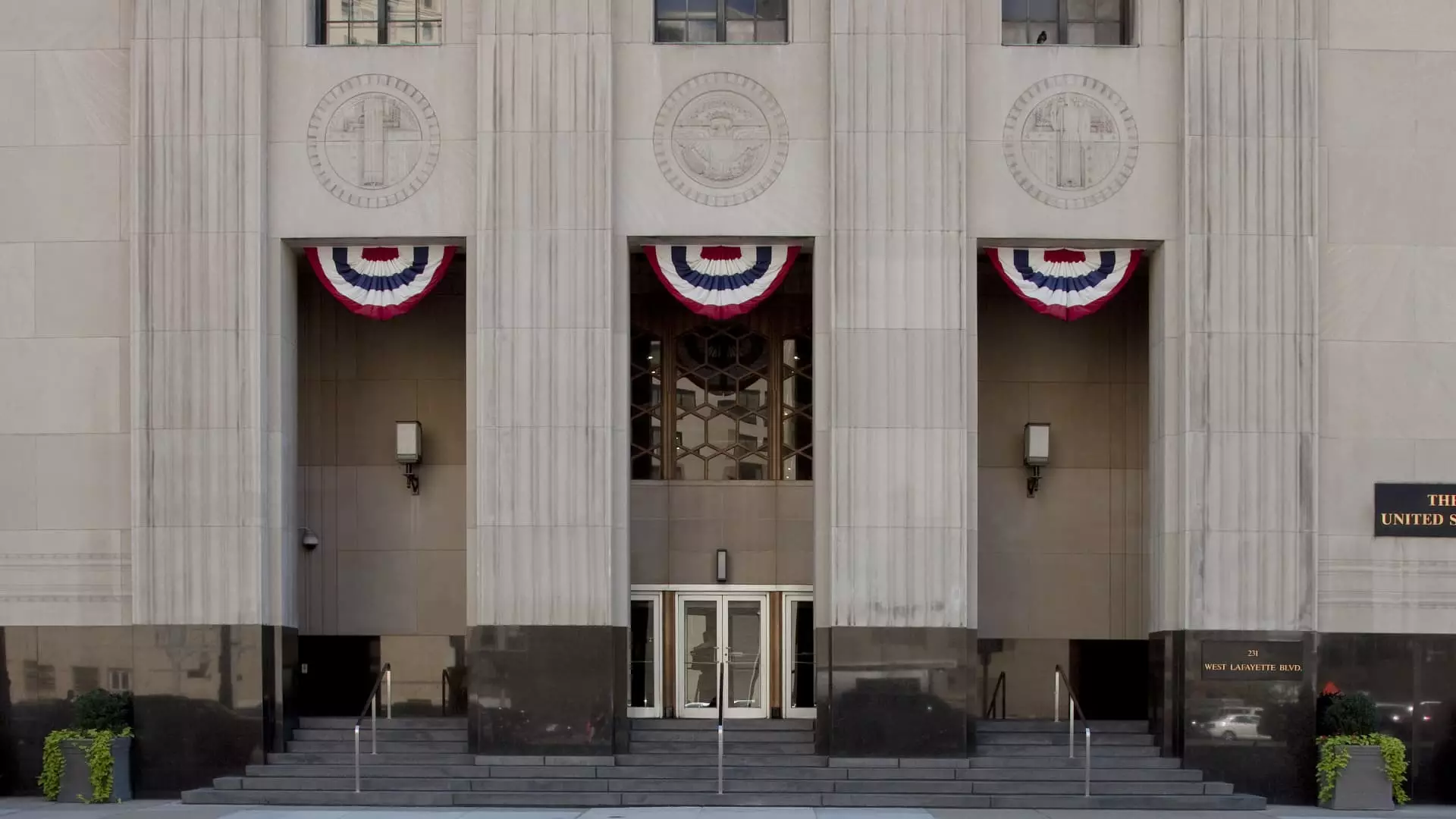The recent charges against Yunqing Jian and her boyfriend, Zunyong Liu, present a chilling scenario that raises urgent questions about national security and ethical research practices. As postdoctoral fellow at the University of Michigan, Jian was placed in a position of trust, a role that universities worldwide emphasize due to their commitment to advancing knowledge and public welfare. However, these allegations reveal a troubling deviation from those principles—a venture into smuggling a biological fungus capable of inflicting untold damage on crop yields and, disturbingly, also threatening animal and potentially human health.
The details are harrowing. Liu was apprehended at Detroit Metropolitan Airport with a smuggled fungus known as Fusarium graminearum, hidden in his backpack. This pathogen, notorious for wiping out crops and causing significant economic loss globally, was not just a random item; it was a research subject the couple had discussed and, according to prosecutors, planned to manipulate on American soil. The implications are dire. The couple’s actions could undermine food security and economic stability, emblematic of an alarming trend of scientific negligence and ethical decay.
Ethics vs. Ambition: A Slippery Slope
This case highlights a disquieting grey area that exists in scientific research—where ambition can lure researchers into morally ambiguous territory. One can almost sympathize with the drive for academic achievement and cutting-edge discovery; after all, groundbreaking research often requires bending the conventional boundaries of inquiry. Yet, to conduct such operations under the veil of smuggling not only betrays the academic community but places potential profits over ethical obligations to society.
One cannot overlook Jian’s alleged complicity, as how can a researcher so closely tied to the project claim ignorance of smuggling plans? The WeChat messages discovered during the investigation paint a grim picture of complicity and premeditated deceit, suggesting a conspiracy that extends beyond mere scientific curiosity. Engaging in discussions about hiding seeds in Martin boots is not innocent banter; it is indicative of a deliberate strategy to flout laws designed to safeguard society from biological threats.
National Security Compromised
The implications of this incident extend beyond the individuals involved; it signals broader vulnerabilities within the national security paradigm. The U.S. maintains strict regulations regarding the importation of biological materials for good reason. Biological agents can wreak havoc on agricultural systems and public health alike, and when trust in researchers erodes, it necessitates urgent scrutiny of the academic environment. Such incidents chip away at the credibility of institutions that are meant to be bastions of safety and ethical responsibility.
Moreover, the University of Michigan’s response to this breach of trust raises eyebrows. The school’s assurances regarding funding sources are intended to quell fears of foreign influence. Nevertheless, it is worth dissecting whether the university is doing enough to screen for potential ethical breaches before they spiral into scandals. As academic institutions increasingly attract international talent, they must implement stringent measures to weed out individuals whose ambition could compromise not only scientific integrity but national security.
A Call for Vigilance and Reform
In light of these allegations, it’s crucial for both governmental and academic infrastructures to reconsider how they handle sensitive biological research. This betrayal reveals that the system is not impenetrable; it is vulnerable to individuals who may prioritize personal gain over public good. Proactive measures to assess the ethical grounding of researchers must be firmly instituted to prevent any future betrayals of trust.
Colleges and universities must foster an environment where ethical discussions are as prevalent as scientific ones. The path to groundbreaking research should never overshadow a commitment to integrity. Such a paradigm shift in how we educate aspiring scientists could be the safeguard against further instances of bioterrorism, ensuring that ambition serves humanity rather than jeopardizing it. Only through these necessary reforms can we hope to rebuild the trust that has been shattered by this shocking case.


Leave a Reply